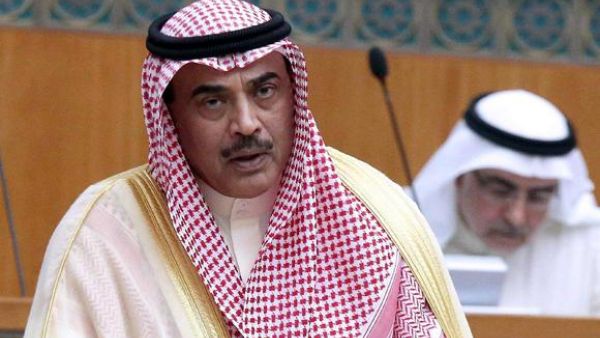Kuwait issued a travel warning against Lebanon Wednesday, a day after similar alerts were issued by Saudi Arabia, Bahrain and the United Arab Emirates, in a sign of escalating tensions between Lebanon and the Gulf.
While Saudi Arabia and Bahrain issued travel warnings on Tuesday, the UAE banned its citizens from traveling to Lebanon all together, representing a spike in tensions over a political dispute between Beirut and Riyadh.
Riyadh's Friday announcement to halt $4 billion in grants came due to what it said were stances taken by Lebanese officials which "were not in harmony with the ties between the two countries."
The unprecedented tensions in relations between Lebanon and Gulf states have caused massive commotion between Lebanon's rival political camps, with March 14 blaming Hezbollah and Foreign Minister Gebran Bassil.
Bassil last month refused to endorse two statements issued after Arab League Summits in Cairo and Saudi Arabia's Jeddah; the first meeting classified Hezbollah as a terrorist organization, which Bassil said he could not accept as it was a Lebanese party, while the second meeting's statement condemned Iranian interference in Arab affairs without mentioning Hezbollah.
Bassil has described the blame against him as "cheap" and reiterated in a press conference Monday that he chose national unity over Arab consensus.
Hezbollah, which has voiced fierce criticism against Saudi Arabia on many occasions, has said Riyadh's decision to cancel the grants was actually due to its financial troubles which have come as a result of its war in Yemen and the sharp drop in oil prices.
The Cabinet this week rushed to issue a statement reaffirming Lebanon's "Arabism, support of Arab consensus and of joint Arab issues," as Prime Minister Tammam Salam said he will lead a ministerial committee and visit the GCC countries to help mend ties.
Separately Wednesday, Yemen's government spokesman Rajeh Badi accused Hezbollah of directly meddling in the current battles between Saudi-backed government forces and Iranian supported Houthi rebels.
"The government has documents and circumstantial evidence that prove the extent of Hezbollah's involvement in the war waged by the Houthi militias against the Yemeni people," Badi told the state-run Yemeni Saba news agency.
He accused Hezbollah of "hostile actions against legality and the Arab coalition," revealing that a complete dossier will be filed to the United Nations Security Council and the Arab League over the matter.
Saudi Arabia is leading a coalition backing Yemen's government against Houthi rebels and their allies who overran the capital Sanaa in September 2014.








